Study: Global warming will stay below 2 degrees C — if countries actually keep their promises
Grist
APRIL 14, 2022
In the early 2010s, climate scientists were painting a grim picture of the future: If humans didn’t curb carbon dioxide emissions, the world was headed toward 4 degrees Celsius (7.2 Scientists now estimate that current emissions trajectories make a 4-degree scenario highly implausible, even as total carbon emissions continue to rise.


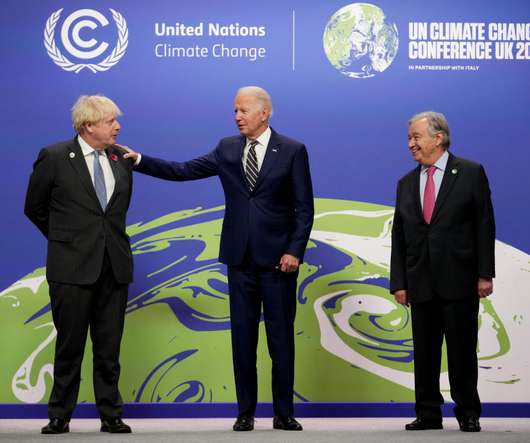
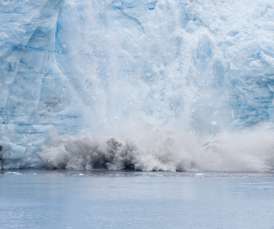
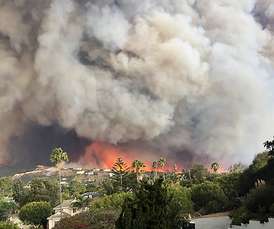
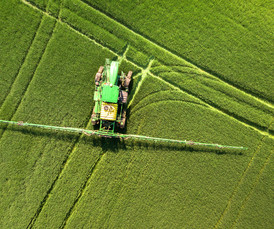

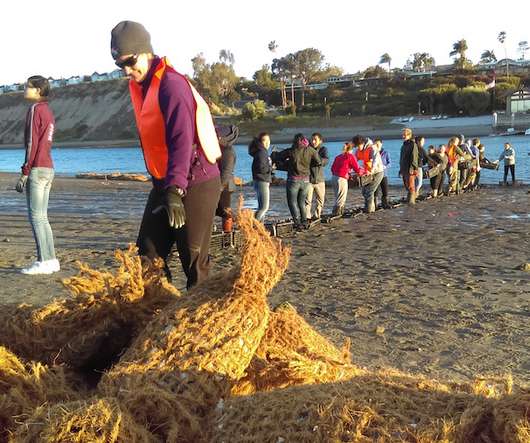
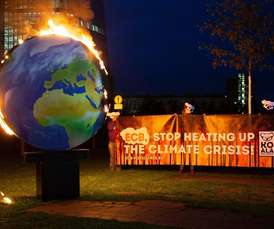


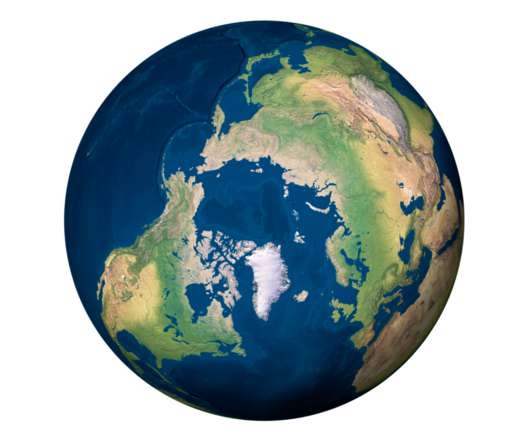
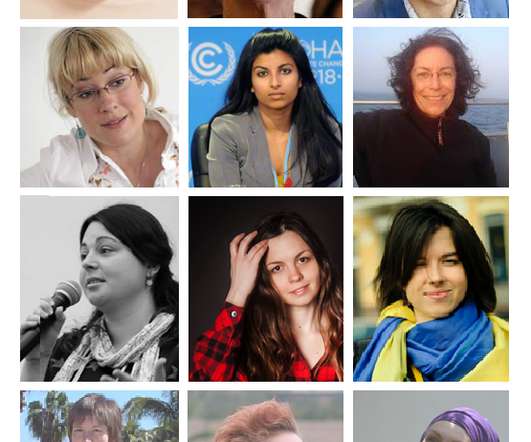








Let's personalize your content